RoosterBio Inc. has published findings that herald a new era in the biomanufacturing of human mesenchymal stem cells (hMSCs). The study focuses on the implementation of microcarrier technology, which has been shown to significantly reduce the costs associated with MSC production.
The white paper released by RoosterBio delves into the scalability of MSC cultivation using microcarriers, a method that allows for the production of cells in larger quantities and at lower costs than traditional methods. By enabling the growth of hMSCs at high densities, microcarriers represent a leap forward in efficiency and affordability in the field of regenerative medicine.
RoosterBio’s research demonstrates how microcarrier technology facilitates the transition from producing millions to billions of cells, overcoming the limitations of conventional T-flask and multilayer vessel systems. When production scales to the level of tens of billions, suspension bioreactors integrated with microcarriers become essential, allowing for outputs ranging from 50 billion to a potential trillion cells.
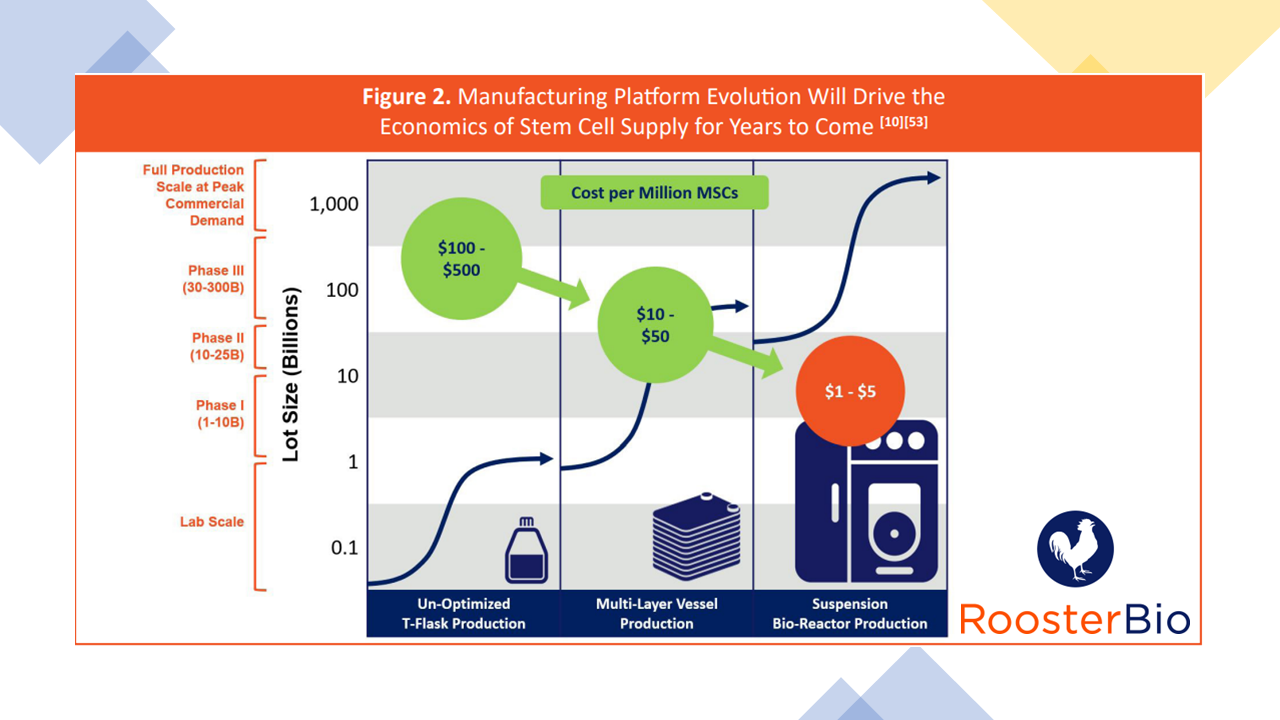
Economically, the study emphasizes that the cost per million MSCs—a pivotal metric in cell therapy manufacturing—can vary significantly based on the scale and sophistication of the production process. By leveraging microcarrier technology, the costs can decrease from hundreds to tens of dollars per million cells, with the potential to drop below $10 per million as production exceeds 100 billion cells.
This technological advancement not only makes cell therapies more accessible due to lower costs but also accelerates the pace of innovation within the industry. RoosterBio’s pioneering approach is set to empower biotech companies to rapidly develop a diverse portfolio of MSC-based products and services.
The white paper by RoosterBio is an invitation to the industry to explore the detailed benefits of microcarrier technology in the mass production of MSCs, a critical step towards achieving large cell densities with minimal expenditure. This innovation is anticipated to significantly impact the economics of cell therapy manufacturing and advance the progress of regenerative medicine.
For an in-depth analysis, the white paper is available, providing valuable insights into the role of microcarriers in the future of MSC production and biomanufacturing. Read More Here.
This is where Smart MCs steps in, ushering in a new paradigm in microcarrier technology. By offering customisable, xeno-free, and digestible microcarriers made from safe biopolymers, Smart MCs is setting new industry standards. Explore our innovative range and join the forefront of cellular therapy solutions. Get in touch with us!

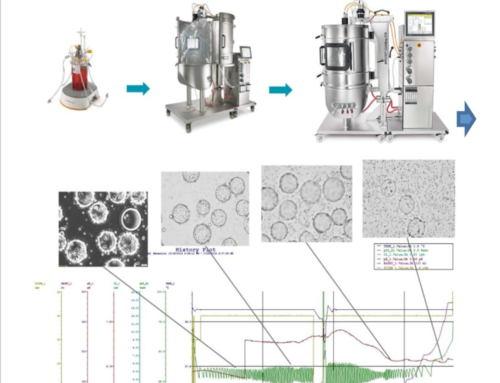
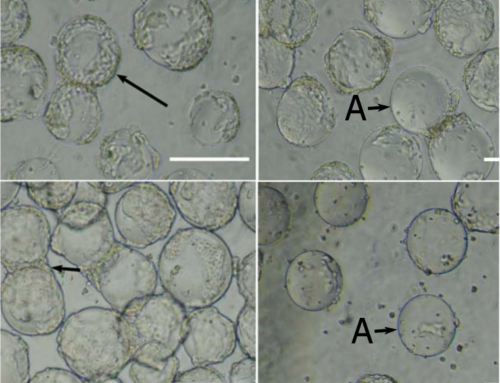
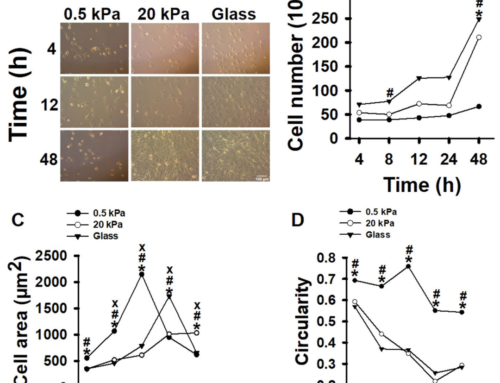

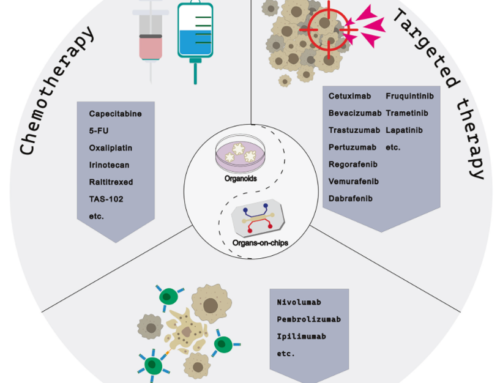
Leave A Comment